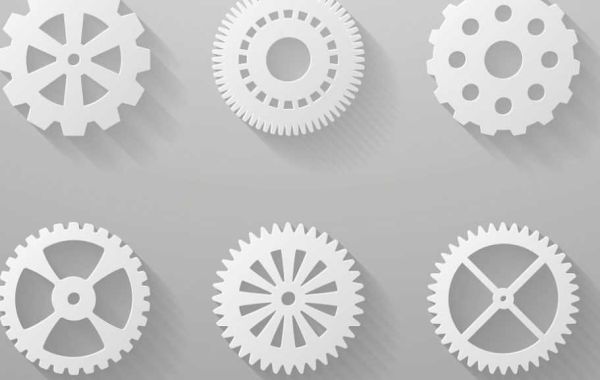There are several types of nylon available for CNC machining, each with special qualities and benefits. Here are some of the most common options:
- Nylon 6: Good tensile strength, wear resistance, and chemical resistance characterize this all-purpose nylon. Despite having a lower softening temperature than other types, it is simpler to machine.
- Nylon 6/6: This nylon 6 variant's enhanced crystalline structure makes it stiffer, stronger, and more dimensionally stable. Its superior heat resistance belies its greater difficulty in machining.
- Nylon 11: This nylon's remarkable chemical resistance and low water absorption make it ideal for applications involving fluids. Although it has a lower impact strength, its mechanical characteristics are comparable to those of nylon 6.
- Modified Nylons: Glass-filled nylon: This type of nylon has glass fiber reinforcement, which greatly increases its strength, stiffness, and dimensional stability. For demanding applications requiring high precision and wear resistance, it's a good option.
- Mineral-filled nylon: This type of nylon is reinforced with minerals like talc or mica, much like glass-filled nylon. Compared to glass-filled nylon, it is slightly less strong but is more stiff and heat resistant.
- Lubricant-filled nylon: This kind's composition includes lubricants like molybdenum disulfide. As a result, it is perfect for parts in sliding contact applications since it minimizes wear and friction.
In conclusion, by knowing which kinds of nylon are suitable for CNC machining, you can make decisions that will optimize functionality, cost, and performance for your particular project. It's similar to having a toolbox full of materials, each with its strengths and specialties, ready to be used to achieve the ideal result.








